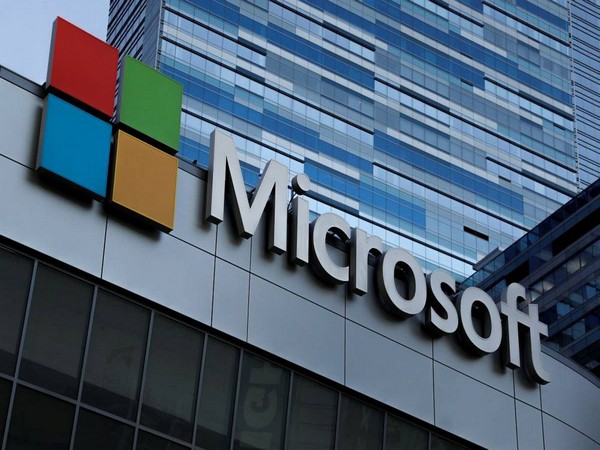Microsoft to equip Indian academicians with quantum computing skills, capabilities
The Quantum training program will cover key themes including an introduction to quantum information, quantum concepts such as superposition and entanglement, processing of information using qubits and quantum gates, as well as an introduction to quantum machine learning and quantum programming.

- Country:
- India
Tech giant Microsoft on Monday launched a new initiative to equip the Indian academic community with the required quantum computing skills and capabilities, triggering a new frontier of innovation and shaping the future of the Indian IT industry.
Starting today, Microsoft Garage, a program that drives a culture of experimentation and innovation at Microsoft, in collaboration with Electronics and ICT Academies at Malaviya National Institute of Technology (MNIT), Jaipur, and National Institute of Technology Patna is organizing a 'Train the Trainer' program to train 900 faculty from leading Indian universities and institutes.
India is renowned across the world for its science, technology, engineering, mathematics and computing (STEM+C) workforce, and a tech-capable citizenry. Through this initiative in India, we aim to develop skills in quantum at scale, which has the potential to trigger the new frontier of innovation, shaping the future of the IT industry in this part of the world
From August 24 to August 29, the academicians will be trained virtually through E & ICT Academies at Institutes of National Importance including IIT Kanpur, IIT Guwahati, IIT Roorkee, MNIT Jaipur, NIT Patna, IIIT-D Jabalpur, and NIT Warangal. The Quantum training program will cover key themes including an introduction to quantum information, quantum concepts such as superposition and entanglement, processing of information using qubits and quantum gates, as well as an introduction to quantum machine learning and quantum programming.
Quantum computing harnesses the properties of quantum physics to store and process information, more effectively and efficiently than traditional computing. The evolving technology will enable new innovations and discoveries in the areas of healthcare, energy, environmental systems, and smart materials, among others, and help solve some of the most pressing issues facing the world today.










